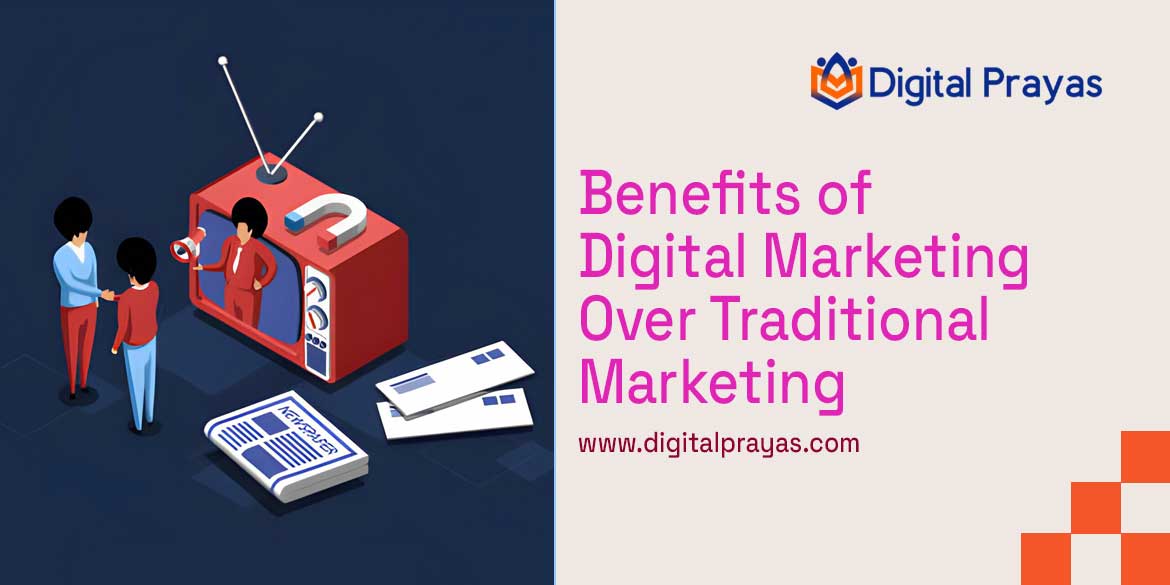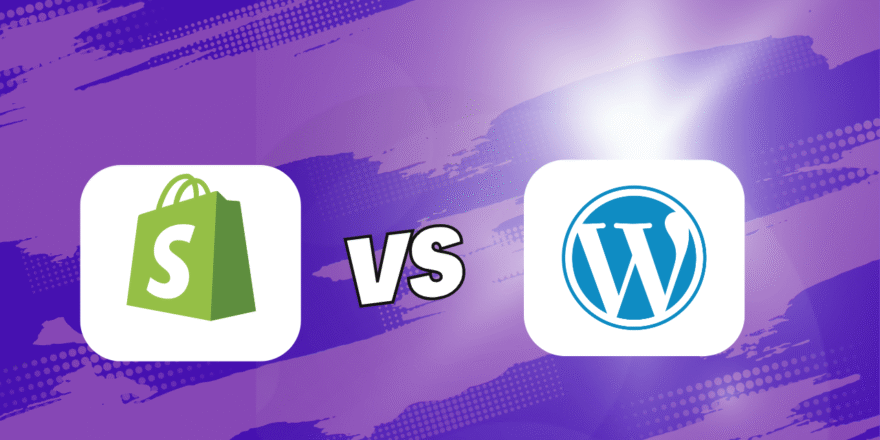In today’s increasingly digital world, businesses face a crucial decision when it comes to marketing their products or services: Should they stick to traditional marketing methods or embrace the power of digital marketing? Both avenues have their merits, but when it comes to value for money, which option offers the most effective and efficient results? In this blog post, we will delve into the advantages and drawbacks of traditional marketing and digital marketing, assessing their cost-effectiveness and exploring which strategy can provide the best return on investment.
What Is Traditional Marketing?: A Familiar Approach
Traditional marketing is an offline marketing strategy that operates independently of the internet. Before the birth and evolution of digital marketing, advertisers had to rely solely on traditional marketing. This is because traditional marketing was the only form of marketing that existed before the advent of digital platforms.
It encompasses advertising through television, radio, print media, billboards, direct mail, and more. While traditional marketing can still be effective in reaching certain target audiences, it often comes with a higher price tag and limited metrics for measuring success. This method can quickly eat into a company’s marketing budget without clear insights into how effective the campaigns truly are.
Advantages of Traditional Marketing
Over the years, advertisers have continued to invest in traditional marketing as it remains an effective strategy. However, it is often undervalued due to the increasing awareness of the advantages of digital marketing over traditional methods.
- Tangible and Familiar
Traditional marketing methods allow businesses to engage with consumers through physical mediums, such as brochures, flyers, or billboards. This tangible presence can create a lasting impression and a sense of credibility.
- Broad Reach
Traditional marketing channels like television and radio have a wide audience reach, making them suitable for targeting a mass market. Local businesses, in particular, can benefit from traditional advertising methods to reach their immediate communities.
Drawbacks of Traditional Marketing
While traditional marketing has its merits, it also comes with some drawbacks. Here are a few notable drawbacks of traditional marketing:
- High Costs
Traditional marketing, such as print advertisements, television commercials, or billboards, can be costly, especially for small businesses with limited marketing budgets. The production, placement, and distribution expenses associated with traditional marketing can quickly add up, making it challenging to achieve a good return on investment.
- Limited Targeting
Traditional marketing methods often lack the precision and targeting capabilities offered by digital marketing. With traditional methods, it can be challenging to reach a specific audience or segment your marketing efforts effectively.
- Lack of Flexibility and Timeliness
Traditional marketing campaigns often require extensive planning and lead time, making it difficult to make changes or respond quickly to market dynamics. Compared to digital marketing, where adjustments can be made in real-time, traditional marketing may lack the agility needed in today’s fast-paced business environment.
- Limited Analytics
Unlike digital marketing, it can be challenging to track the success of traditional marketing campaigns accurately. Metrics such as reach, impressions, and conversion rates are often approximate or derived from indirect data, making it difficult to make data-driven decisions.
- Limited Interaction and Engagement
Traditional marketing is often a one-way communication channel, with limited opportunities for direct interaction and engagement with customers. This can hinder the ability to build meaningful relationships and gather valuable feedback from the target audience.
What Is Digital Marketing?: The Game Changer
Digital marketing is the process of promoting products, services, or brands using the internet and online platforms. It involves strategies like social media, websites, email, and online ads to reach and engage with potential customers. The goal is to attract people’s attention, drive them to websites or stores, and ultimately increase sales. Digital marketing helps businesses connect with their target audience online and grow their customer base by using different digital tools and techniques.
Advantages of Traditional Marketing
In today’s digital age, digital marketing has emerged as a powerful and preferred strategy for businesses. It offers numerous advantages over traditional marketing methods. Let’s explore some of the key benefits of digital marketing:
• Cost-Effective
Digital marketing is generally more affordable than traditional marketing. With careful planning and budget allocation, businesses can reach a larger audience at a fraction of the cost. Online advertising platforms, such as Google Ads or Facebook Ads, allow for precise targeting, ensuring that marketing dollars are spent on reaching the right audience.
• Measurable Results
One of the greatest advantages of digital marketing is the ability to track and measure the performance of campaigns accurately. From website analytics to email open rates and conversion rates, businesses have access to real-time data that can inform decision-making, allowing for continuous optimization and improvement.
• Targeted Approach
Digital marketing enables businesses to target specific demographics, interests, and behaviors. This precision targeting ensures that marketing efforts are directed towards individuals who are most likely to be interested in the product or service, resulting in higher conversion rates and a better return on investment.
Drawbacks of Digital Marketing
While digital marketing has become a dominant force in the marketing landscape, it is essential to acknowledge its drawbacks and limitations. Here are some of the key challenges associated with digital marketing:
• Technical Complexity
Digital marketing requires a certain level of technical knowledge and expertise. Managing various digital platforms, implementing tracking and analytics tools, and staying updated with the ever-evolving digital landscape can be challenging for businesses without dedicated resources or expertise. It may require additional training or outsourcing to digital marketing professionals. You can solve this by hiring a professional Digital Marketing company like Digital Prayas- A leading digital marketing company in Nagpur, India.
• High Competition
In the digital realm, competition can be intense. Businesses are vying for the attention of the same online audience, making it challenging to stand out from the crowd.
Digital Prayas understands this challenge and employs innovative strategies to help businesses differentiate themselves. We conduct thorough market research, analyze competitors, and develop unique value propositions that make our clients’ brands stand out in a crowded digital landscape.
Conclusion
In the battle between traditional marketing and digital marketing, it is evident that the digital landscape has transformed the marketing industry in unprecedented ways. While traditional marketing methods still hold value in certain contexts, the advantages of digital marketing outweigh the drawbacks, making it the preferred choice for businesses seeking cost-effective, targeted, and measurable marketing strategies.
Digital marketing offers businesses the ability to reach a global audience, engage with customers on a personal level, and track campaign performance in real time. The cost-effectiveness, precise targeting, and data-driven decision-making make digital marketing an invaluable tool for businesses of all sizes, allowing them to compete on a level playing field in the digital era.
Furthermore, digital marketing enables businesses to adapt quickly to evolving market trends, optimize campaigns on the go, and leverage the power of social media, search engines, and other online platforms to establish a strong online presence. The ability to engage with the audience directly, gather feedback, and build lasting relationships contributes to brand loyalty and long-term success.






2 thoughts on “Traditional Marketing vs Digital Marketing: Which One Value For Money?”
Comments are closed.